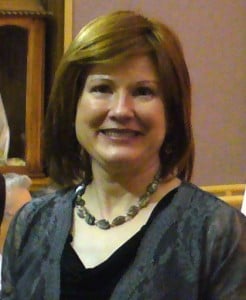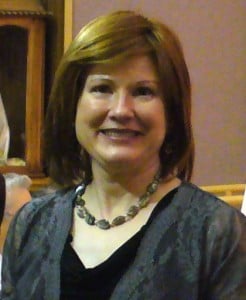 Today is the “day after.” And I’m preparing this blog in advance because I know exactly how I’m going to feel: Exhausted!
Today is the “day after.” And I’m preparing this blog in advance because I know exactly how I’m going to feel: Exhausted!
I was asked to give a talk at a major medical center, and eagerly accepted the invitation. God truly has given me a heart for sharing how amazing His grace and strength are, and I leap at the chance to give practical tips on increasing faith, bolstering sagging spirits, and coping better with pain and illness.
But I also know that all of the energy I pour into preparing for such opportunities will be completely drained afterward. Which is why I’ve learned, the hard way, that it’s important to plan ahead, but it’s also important to plan for after.
I didn’t always do this. I’m sure many of you might not have, either. We are so used to planning for deadlines, appointments, activities, milestones – all in the future – that our calendars are one scribbled mass of “must do in advance of…” So, I’d pen-in goals and other items giving little thought to how I was going to feel and how much I was going to be able to accomplish afterward.
But what a difference acting on the understanding of reality truly is!
Try as we might, we cannot escape the toll even daily activity places upon us if we also have a chronic illness that is always either lurking or going full-bore. So, giving space after things that we know will require more of us is crucial.
Yes, attending that birthday celebration is okay. But plan to have a day of quiet and rest afterward if you know you’re going to need it.
Of course, ministering to others is part of a Christian walk. But if you know that something is going to sap your energy, plan the aftermath accordingly.
Much like the reality that we cannot drive limitlessly without needing more fuel (be it gasoline, electricity or hydrogen), we cannot keep only fixing our eyes on activities to come without taking into account that we’ll need to

